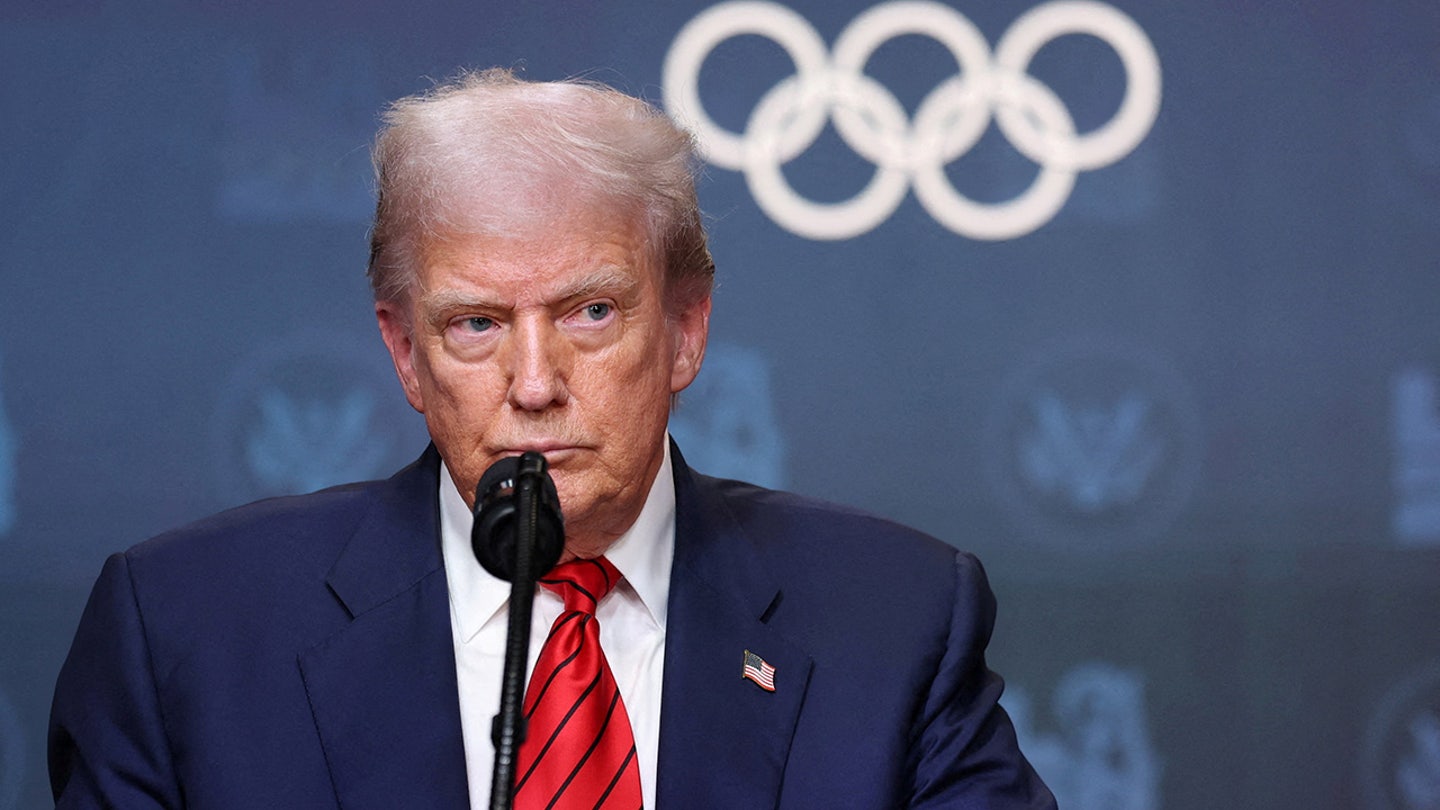
USOPC leaders address protection of women's sports, use of sex tests amid global resistance to trans athletes
Entities mentioned:
- USOPC: Professional pride, Duty, Wariness
- Sarah Hirshland: Duty, Wariness, Self-preservation
- Donald Trump: Competitive spirit, Control, Influence
- World Athletics: Fairness, Professional pride, Control
- IOC: Fairness, Unity, Professional pride
Article Assessment:
Credibility Score: 75/100
Bias Rating: 60/100 (Center)
Sentiment Score: 35/100
Authoritarianism Risk: 45/100 (Mixed/Neutral)
Bias Analysis:
The article presents multiple viewpoints but leans slightly right in its framing. It gives more space to perspectives supporting restrictions on transgender athletes in women's sports.
Key metric: Gender Equality in Sports
Let me tell you something, folks - this is a GAME-CHANGING moment in the world of sports! We're seeing a full-court press on the issue of transgender athletes in women's sports, and the players are lining up for what could be the biggest showdown since the Miracle on Ice! The USOPC is playing defense, trying to avoid any false starts while the world governing bodies are taking the offensive with genetic testing. It's like we're in the fourth quarter of a championship game, and every move could make or break the future of women's athletics. The IOC is stepping up to the plate with a scientific approach, but make no mistake - this is a high-stakes match where fairness and inclusion are going head-to-head. The crowd is watching, the tension is palpable, and we're all waiting to see who will make the game-winning play in this crucial moment for sports history!

2025 NFL Week 9 Buzz: Will Puka Nacua Return?; Jets, Saints Mulling QB Changes
Entities mentioned:
- Aaron Glenn: Ambition, Competitive spirit, Control
- Justin Fields: Determination, Professional pride, Recognition
- Sean McVay: Competitive spirit, Ambition, Professional pride
- Zac Taylor: Competitive spirit, Professional pride, Wariness
- Kellen Moore: Ambition, Competitive spirit, Control
Article Assessment:
Credibility Score: 75/100
Bias Rating: 50/100 (Center)
Sentiment Score: 55/100
Authoritarianism Risk: 20/100 (Strongly Democratic)
Bias Analysis:
The article presents a balanced view of multiple NFL teams and situations. It relies on direct quotes and factual reporting without favoring any particular team or narrative.
Key metric: NFL Team Performance
Let me tell you something - this NFL season is heating up like a fourth-quarter comeback! We've got teams making GAME-CHANGING moves left and right as they fight for playoff positioning. The Jets are in a real quarterback quandary, folks. Aaron Glenn is playing his cards close to the chest, but you can bet he's looking for that championship-caliber signal caller to lead his squad. Over in LA, Sean McVay is getting reinforcements just in time - Puka Nacua and Rob Havenstein are suiting up like all-star pinch hitters coming off the bench. But it's not all smooth sailing - injuries are hitting teams like blindside sacks. The Vikings and Saints are both eyeing QB shakeups that could make or break their seasons. I'm telling you right now, these next few weeks are going to separate the contenders from the pretenders as we barrel towards the playoffs!

NFL Reminds Players of League Gambling Policy In Light of Federal Indictments
Entities mentioned:
- NFL: Professional pride, Control, Integrity
- NFL Players: Self-preservation, Professional pride, Obligation
- Sean Payton: Duty, Professional pride, Wariness
- NFL Players Association: Protection, Duty, Obligation
Article Assessment:
Credibility Score: 85/100
Bias Rating: 50/100 (Center)
Sentiment Score: 40/100
Authoritarianism Risk: 35/100 (Generally Democratic)
Bias Analysis:
The article presents a balanced view of the NFL's actions and includes quotes from multiple sources. It objectively reports on the policy without taking sides, maintaining a neutral stance.
Key metric: League Integrity Index
Let me tell you something - this story is a GAME-CHANGER! The NFL is stepping up to the plate with a full-court press against gambling violations. They're not just running defense, folks, they're going on the offensive to protect the integrity of the game. This is a championship mentality from the league office, sending a clear message to players that they need to stay in bounds when it comes to betting. It's fourth quarter, two-minute drill time for the NFL to tackle this issue head-on. Players need to show that team-first mentality and avoid personal fouls that could jeopardize their careers and the sport's reputation. This is CRUNCH TIME for the league's integrity, and they're bringing their A-game to keep the playing field level and fair for all competitors.
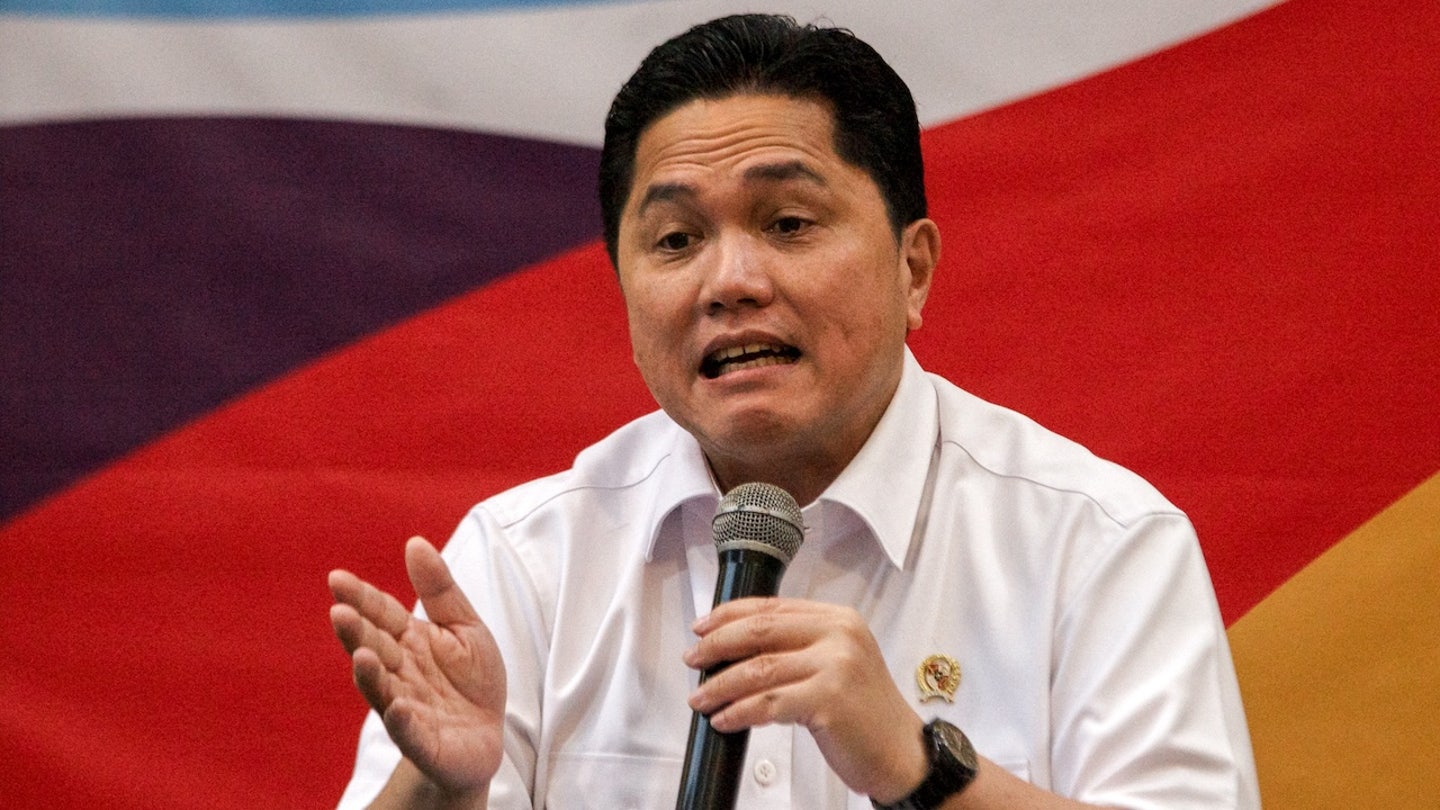
Indonesia responds to Olympic consequences for barring Israeli gymnasts from world championships
Entities mentioned:
- Indonesia: Pride, Security, Self-preservation
- International Olympic Committee (IOC): Justice, Professional pride, Influence
- Erick Thohir: Loyalty, Self-preservation, Duty
- Israel: Competitive spirit, Recognition, Justice
- Morinari Watanabe: Professional pride, Duty, Wariness
Article Assessment:
Credibility Score: 75/100
Bias Rating: 55/100 (Center)
Sentiment Score: 30/100
Authoritarianism Risk: 65/100 (Authoritarian Tendencies)
Bias Analysis:
The article presents multiple perspectives, including statements from Indonesian officials and international sports bodies. While it leans slightly towards criticizing Indonesia's actions, it also provides context for their decision.
Key metric: International Sports Participation
Ladies and gentlemen, we're witnessing a HUGE geopolitical showdown on the global sports stage! Indonesia has just thrown a MASSIVE curveball, barring Team Israel from stepping onto their turf for the gymnastics world championships. Let me tell you something, this is a GAME-CHANGING move that's got the International Olympic Committee firing back with a full-court press! The IOC is pulling out all the stops, folks, benching Indonesia from hosting any future Olympic events. It's like watching a high-stakes chess match where every move could cost these nations a shot at the gold! Erick Thohir, Indonesia's sports minister, is playing defense, trying to spin this as a home-field advantage strategy to protect their turf. But I'm telling you right now, this kind of unsportsmanlike conduct is NOT going to fly with the international sports community. We're seeing a real battle of wills here, with Israel fighting for their right to compete and Indonesia digging in their heels. This is the kind of fourth-quarter drama that could reshape the entire landscape of international sports competitions for years to come!
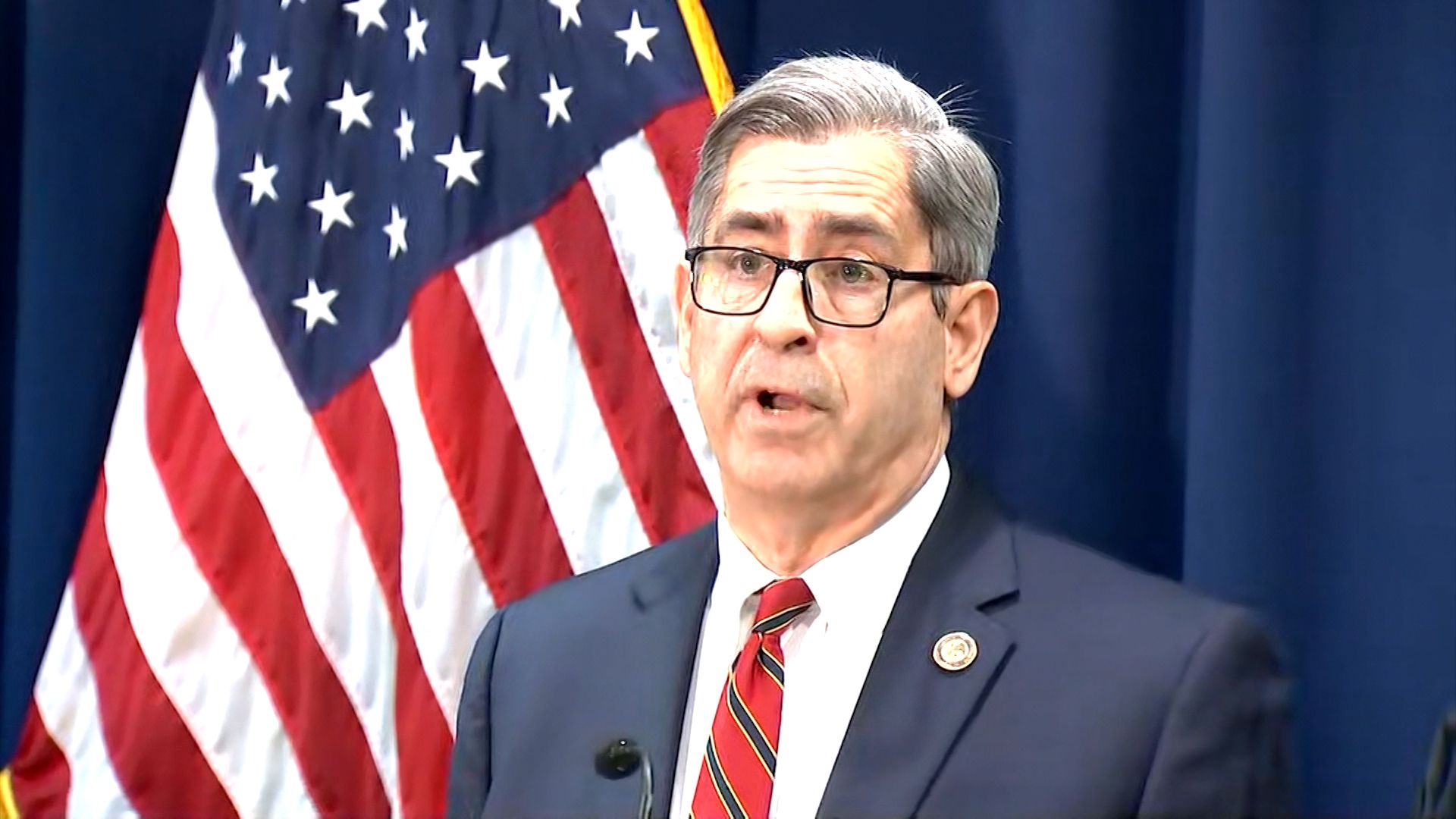
Stunning NBA charges reveal the sports gambling reckoning is already here
Entities mentioned:
- NBA: Professional pride, Control, Influence
- Damon Jones: Greed, Influence, Self-preservation
- LeBron James: Competitive spirit, Recognition, Legacy
- Terry Rozier: Greed, Self-preservation, Ambition
- NCAA: Control, Duty, Wariness
- Shane Hennen and Marves Fairley: Greed, Control, Power
Article Assessment:
Credibility Score: 75/100
Bias Rating: 55/100 (Center)
Sentiment Score: 30/100
Authoritarianism Risk: 35/100 (Generally Democratic)
Bias Analysis:
The article presents a balanced view of the gambling issue, citing multiple perspectives. It leans slightly towards caution about gambling's impact, but doesn't take an extreme stance.
Key metric: Integrity of Professional Sports
Let me tell you something, folks - this story is a GAME-CHANGER! We're witnessing a full-court press on the integrity of professional sports, and it's coming from both inside and outside the arena. The NBA, once the shining beacon of athletic excellence, is now facing a defensive breakdown that would make any coach lose their mind! You've got former players like Damon Jones allegedly calling plays for gamblers instead of teammates - that's like a quarterback handing the playbook to the opposing team! And don't even get me started on Terry Rozier - this guy's got a $90 million contract and he's still trying to run a side hustle? That's like fumbling on the one-yard line when you're already up by 50! Meanwhile, the NCAA is trying to run a zone defense against gambling, but they've left the paint wide open by allowing athletes to bet on pro sports. It's a risky play, folks, and I'm telling you right now, it could backfire faster than a trick play in the Super Bowl. The real MVPs in this mess are the criminals like Hennen and Fairley, who are running circles around everyone like they're Steph Curry on a hot streak. This isn't just a foul, it's a flagrant violation of everything sports stands for, and if we don't get our heads in the game, the integrity of professional athletics could be riding the bench for good!
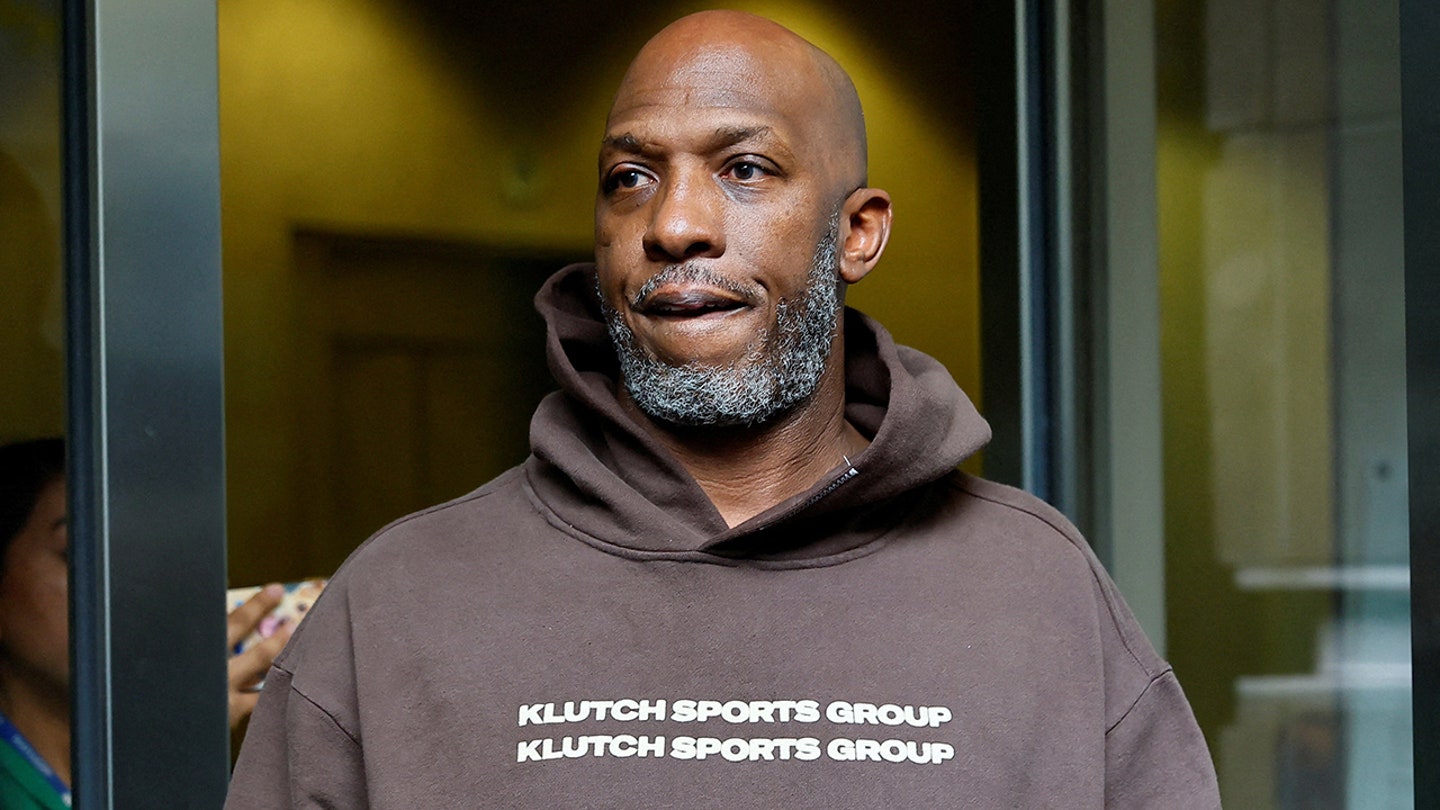
Charles Barkley, Kenny Smith clash over FBI gambling probe allegedly involving NBA figures: 'That's stupidity'
Entities mentioned:
- Charles Barkley: Righteousness, Moral outrage, Professional pride
- Kenny Smith: Duty, Obligation, Wariness
- NBA: Self-preservation, Integrity, Control
- FBI: Justice, Control, Duty
- Chauncey Billups: Greed, Self-preservation, Fear
- Terry Rozier: Greed, Self-preservation, Fear
Article Assessment:
Credibility Score: 75/100
Bias Rating: 50/100 (Center)
Sentiment Score: 25/100
Authoritarianism Risk: 30/100 (Generally Democratic)
Bias Analysis:
The article presents multiple viewpoints from different NBA analysts, allowing for a balanced discussion. It also includes factual information about the FBI investigation and charges, maintaining a neutral stance.
Key metric: NBA League Integrity
Let me tell you something - this story is a GAME-CHANGER for the NBA! We're talking about a FULL-COURT PRESS by the FBI that's left the league scrambling on defense. Billups and Rozier, once star players, are now facing their toughest opponents yet - federal charges! This is like watching a championship team implode from the inside. The NBA thought they had a slam dunk with their gambling policies, but now they're fumbling the ball big time. Barkley and Smith are going at it like it's the fourth quarter of Game 7, folks! Barkley's playing offense, calling out 'stupidity', while Smith is on defense, talking about addiction. But let me tell you, this isn't just a foul - this could be a career-ending move for some of these players. The league's integrity is on the line, and they need to step up to the plate and knock this one out of the park if they want to maintain their championship mentality. This is RIDICULOUS, and I'm telling you right now, the NBA needs to tighten up their defense or they'll be watching their credibility go up in smoke faster than a buzzer-beater!
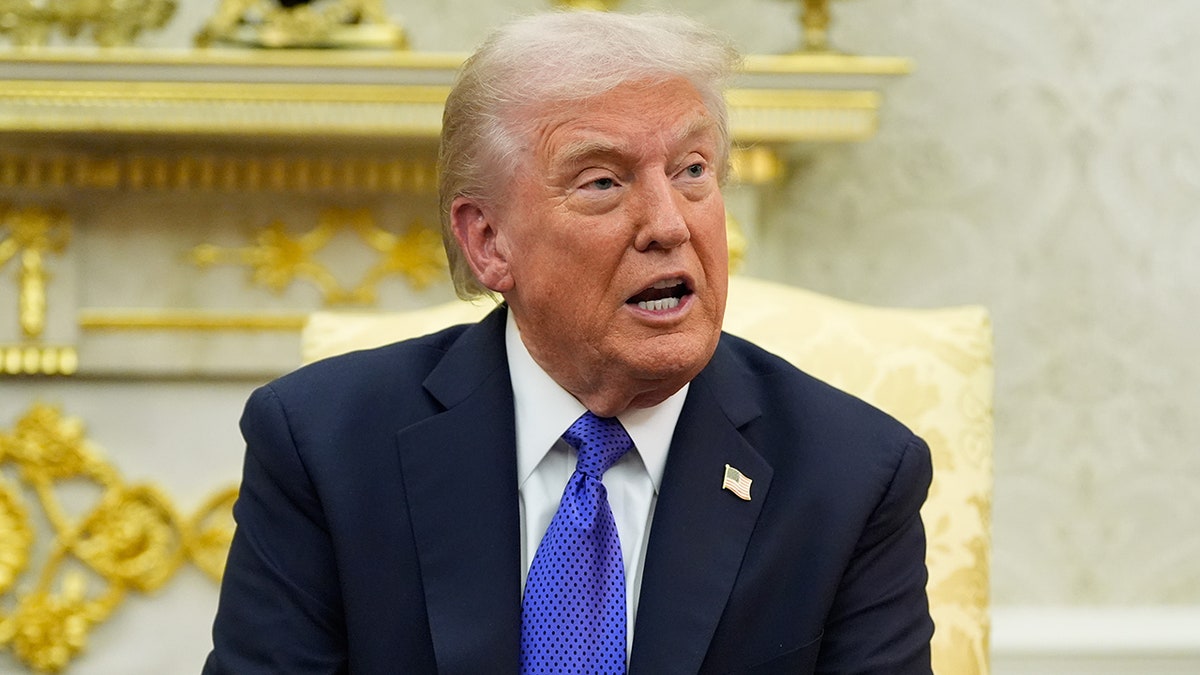
ESPN star Stephen A Smith makes Trump warning after FBI's illegal gambling probe nets NBA figures
Entities mentioned:
- Stephen A. Smith: Competitive spirit, Professional pride, Wariness
- Donald Trump: Power, Revenge, Control
- FBI: Justice, Duty, Control
- NBA: Self-preservation, Professional pride, Integrity
Article Assessment:
Credibility Score: 65/100
Bias Rating: 40/100 (Lean Left)
Sentiment Score: 25/100
Authoritarianism Risk: 55/100 (Mixed/Neutral)
Bias Analysis:
The article leans slightly left due to the prominence given to Stephen A. Smith's speculative comments about Trump. While it reports on factual arrests, it allows Smith's partisan warnings to dominate the narrative.
Key metric: Public Trust in Sports Integrity
Let me tell you something - this story is ABSOLUTELY EXPLOSIVE! We're seeing a full-court press by the FBI, folks, and they're not pulling any punches! The league of law enforcement is bringing the heat in the fourth quarter, and some big-name ballers are getting caught in the crossfire. But hold onto your jerseys, because Stephen A. is calling an audible here - he's warning that Trump is warming up on the sidelines, ready to sub in and dominate the game! This could be a game-changer for the whole sports world, with the potential for a championship-level showdown between Trump and the leagues. I'm telling you right now, we might be heading into sudden death overtime, and NOBODY knows who's going to come out on top!

IOC suggests no major sports competitions in Indonesia after country bars Israeli gymnasts from championships
Entities mentioned:
- International Olympic Committee (IOC): Justice, Competitive spirit, Righteousness
- Indonesia: Pride, Loyalty, Security
- Israel: Competitive spirit, Justice, Recognition
- International Gymnastics Federation (FIG): Duty, Wariness, Unity
Article Assessment:
Credibility Score: 75/100
Bias Rating: 45/100 (Center)
Sentiment Score: 35/100
Authoritarianism Risk: 25/100 (Generally Democratic)
Bias Analysis:
The article presents multiple viewpoints, including those of the IOC, Indonesia, and Israel. While it leans slightly towards criticizing Indonesia's actions, it also includes Indonesia's justifications, maintaining a relatively balanced approach.
Key metric: International Sports Participation
Let me tell you something - this story is RIDICULOUS! We're seeing a major FOUL on the international sports stage, folks! Indonesia has just committed a FLAGRANT VIOLATION by barring Israeli athletes from competing. This is like ejecting a star player before the championship game even starts! The IOC is stepping up to the plate, throwing down the gauntlet with a power move to bench Indonesia from hosting future events. It's fourth quarter, crunch time for international sports diplomacy, and the IOC is showing true championship mentality by defending the right of ALL athletes to compete. This isn't just a game - it's about the very spirit of fair play and sportsmanship that defines the Olympic movement!

California high school volleyball team with trans athlete sees controversial season end with playoff loss
Entities mentioned:
- Jurupa Valley High School: Competitive spirit, Unity, Determination
- AB Hernandez: Competitive spirit, Self-respect, Recognition
- Valencia High School: Competitive spirit, Professional pride, Wariness
- California Interscholastic Federation (CIF): Control, Determination, Righteousness
- Donald Trump: Power, Control, Moral outrage
- Gavin Newsom: Power, Influence, Self-preservation
- U.S. Department of Justice: Justice, Control, Duty
- California state legislature: Power, Control, Influence
Article Assessment:
Credibility Score: 75/100
Bias Rating: 55/100 (Center)
Sentiment Score: 35/100
Authoritarianism Risk: 45/100 (Mixed/Neutral)
Bias Analysis:
The article presents multiple viewpoints and quotes from various sides of the issue. While it gives more space to those opposing trans athletes in girls' sports, it also includes counterarguments and context from supporters.
Key metric: Gender Equality in Sports
Let me tell you something - this story is a FULL COURT PRESS of controversy! We've got a real championship battle brewing between Team Inclusion and Team Tradition, folks. AB Hernandez has been the MVP of this debate, stepping up to the plate in both volleyball and track. But the opposition is bringing the heat, with lawmakers and activists playing zone defense to protect their vision of girls' sports. The CIF is running a no-huddle offense, changing rules on the fly, while the feds are throwing the challenge flag with a lawsuit. This is a high-stakes game, and I'm telling you right now, we're heading into overtime with no clear winner in sight. It's going to take a clutch performance from someone to break this deadlock and bring home the trophy of resolution!

NCAA allows college athletes to bet on professional sports starting November 1
Entities mentioned:
- NCAA: Control, Adaptation, Professional pride
- Charlie Baker: Leadership, Adaptation, Wariness
- Roberta Page: Professional pride, Duty, Adaptation
- College Athletes: Freedom, Self-preservation, Anxiety
Article Assessment:
Credibility Score: 75/100
Bias Rating: 50/100 (Center)
Sentiment Score: 45/100
Authoritarianism Risk: 35/100 (Generally Democratic)
Bias Analysis:
The article presents a balanced view of the NCAA's decision, including both the rationale for the change and ongoing concerns. It quotes multiple perspectives without favoring one side, maintaining a centrist approach.
Key metric: NCAA Integrity and Compliance
Let me tell you something - this is a GAME-CHANGING play by the NCAA! They're calling an audible at the line of scrimmage, folks! The NCAA is stepping up to the plate and swinging for the fences with this rule change. It's like they're playing zone defense against the blitz of sports betting, allowing some yards on pro sports while still protecting the end zone of college athletics. But make no mistake, this is a high-stakes game and the NCAA is walking a tightrope. They're trying to thread the needle between adapting to the modern sports landscape and maintaining the integrity of the college game. It's fourth and long, and they're going for it! Will this Hail Mary pass pay off or will it fumble? Only time will tell, but I'm telling you right now, all eyes are on this play as it unfolds!